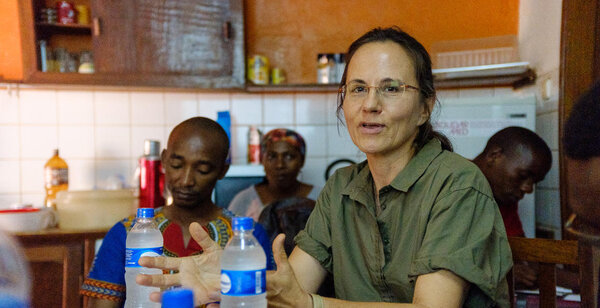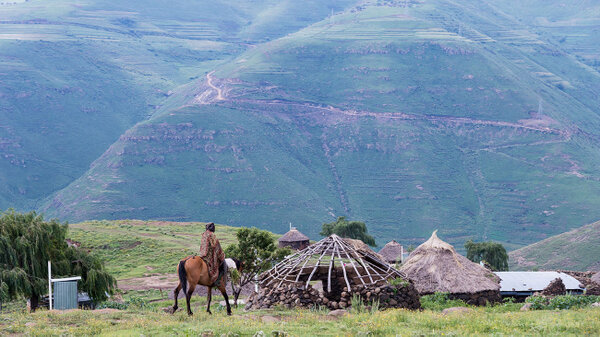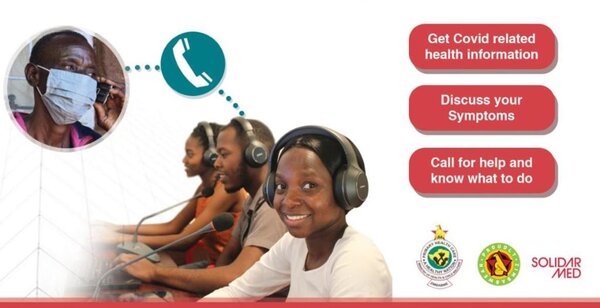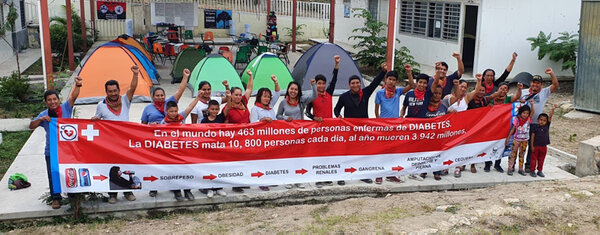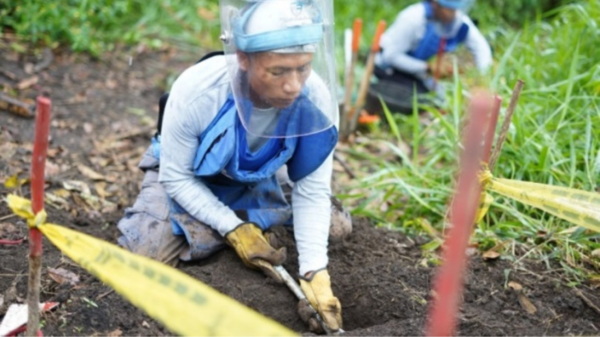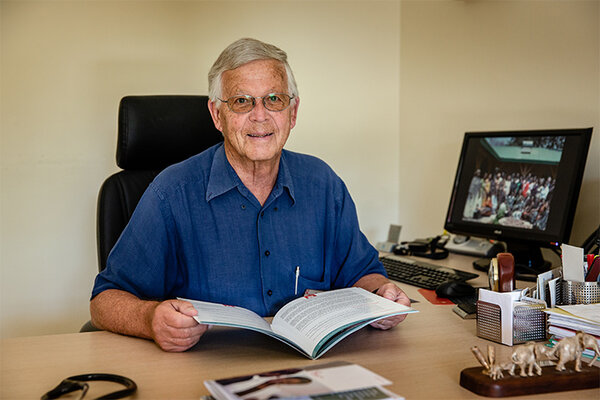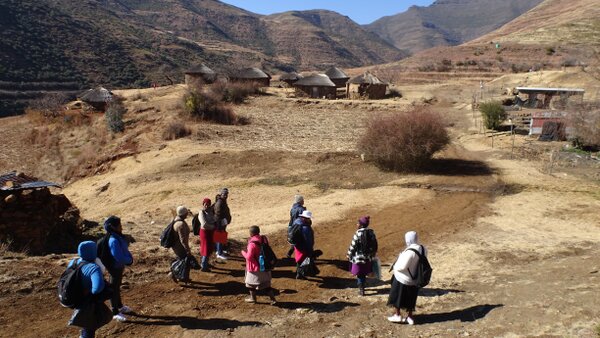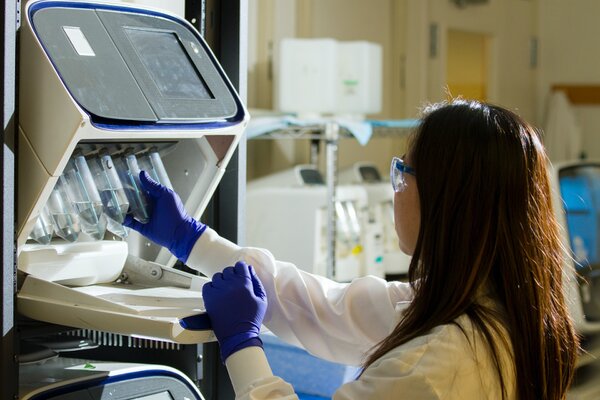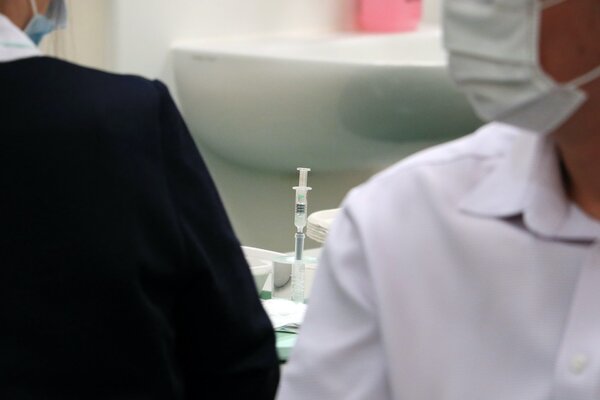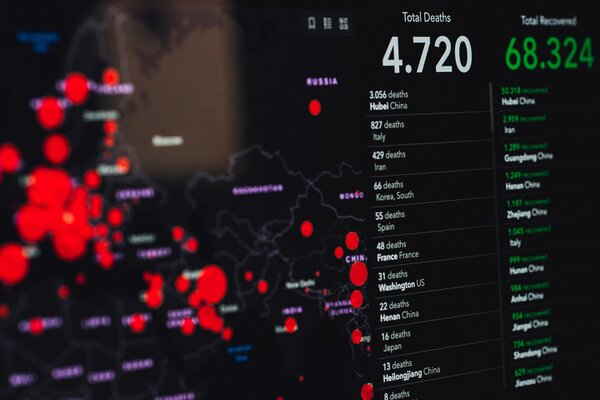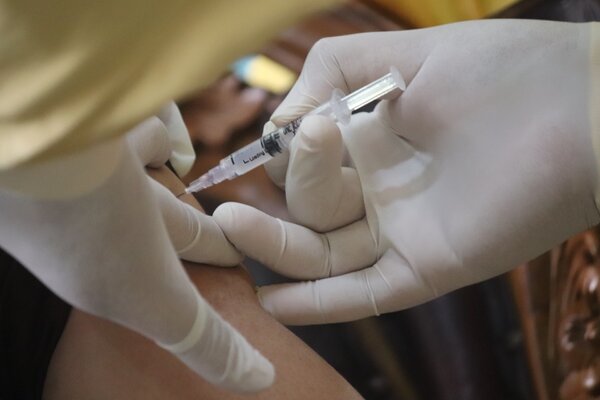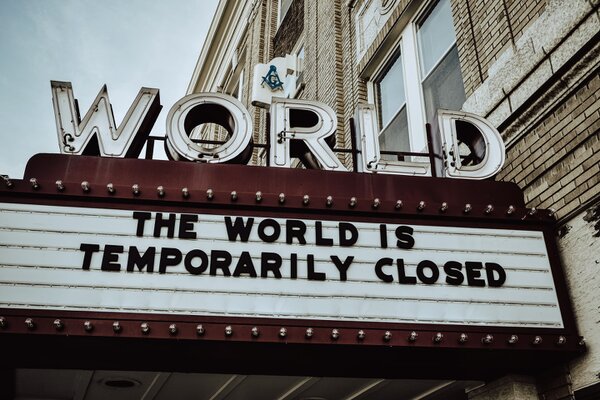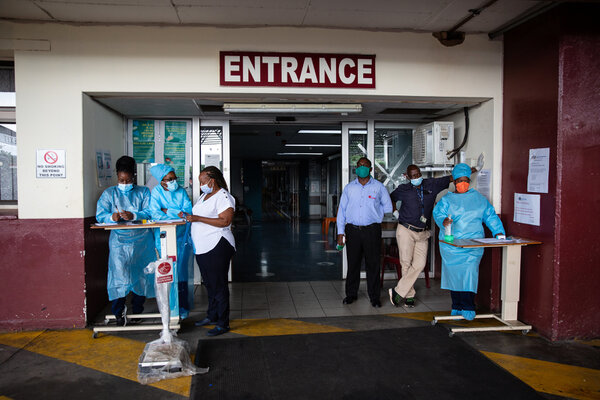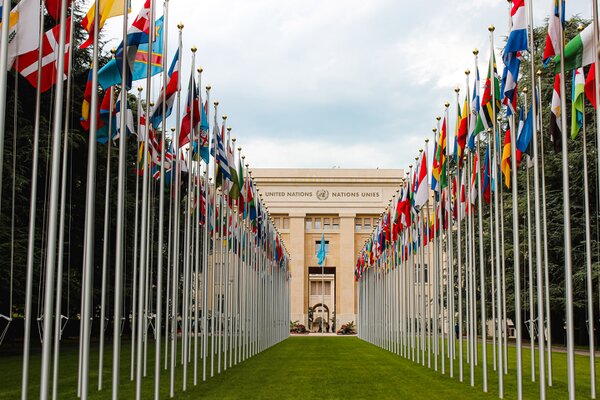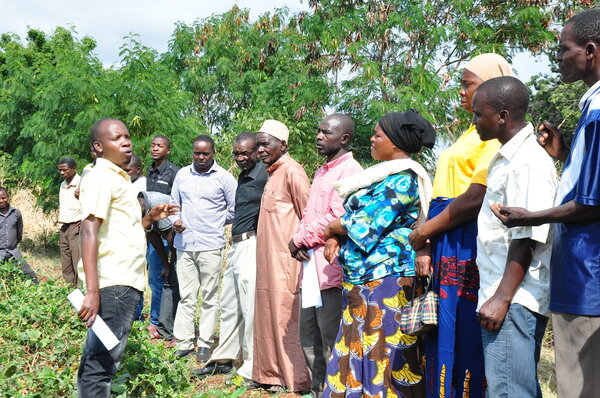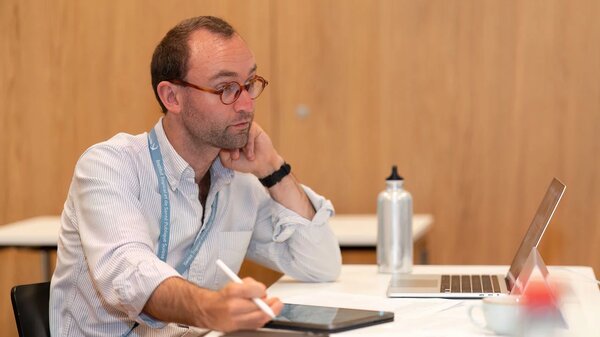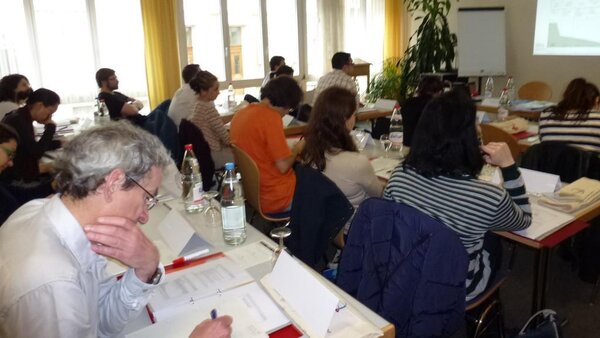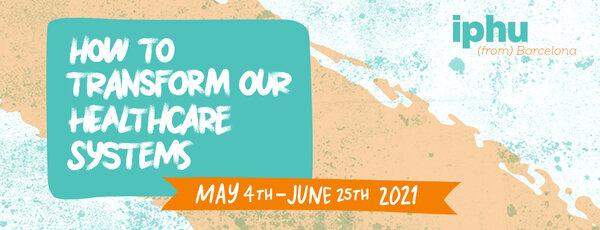Pour de nombreuses femmes et filles des pays d’Afrique australe, mais aussi en Asie, en Amérique du Sud et même ici, leur propre domicile est devenu un lieu de peur, de violence et de viol pendant le confinement dû au coronavirus. Prises au piège entre quatre murs, nombre de victimes n’ont aucun moyen de signaler les cas d’abus ou de fuir le danger.
Les stéréotypes de genre, toxiques et largement ancrés dans les normes sociales et culturelles, ont alimenté une recrudescence des violences faites aux femmes et aux filles en tous lieux. Ces stéréotypes suggèrent, par exemple, que les femmes doivent se subordonner aux hommes et que les hommes violents peuvent battre leurs femmes par amour.
Ces violences laissent des traces. Elles sont non seulement physiques, mais aussi psychiques. Chaque coup est un coup au cœur. Chaque coup peut déclencher une autre vague d’impuissance et approfondir encore ces stéréotypes. En outre, les différents pays sont pour la plupart dotés de systèmes de santé dont le soutien psychosocial est défaillant, qui traitent la santé mentale de la population de manière inéquitable. Les malentendus sur la nature des troubles psychiques et leur traitement ont rendu les progrès encore plus difficiles, même s’il est manifeste que les systèmes de soutien et de soins psychosociaux peuvent guérir certains traumatismes et certaines blessures psychologiques, ainsi qu’améliorer les structures sociales.
Le temps n’est-il pas venu de promouvoir les interventions psychosociales pour offrir davantage d’équité et une meilleure santé psychique pour tous ?
Lors de la prochaine conférence sur la santé sexuelle et reproductive et les droits y relatifs qui se tiendra en 18 & 19 mai 2021, il sera précisément question de cette thématique. Durant cette conférence de deux jours, nous traiterons des impacts de la santé mentale sur la vie des femmes et de leurs familles, en particulier en ce qui concerne les effets des violences basées sur le genre. Il s’agira de se demander comment les systèmes de santé peuvent mieux garantir la santé psychique pour toutes et tous et comment un soutien psychosocial peut être proposé dans les régions dépourvues de personnel formé au soutien psychosocial.
Carine Weiss
Réseau Medicus Mundi Suisse
E-Mail






